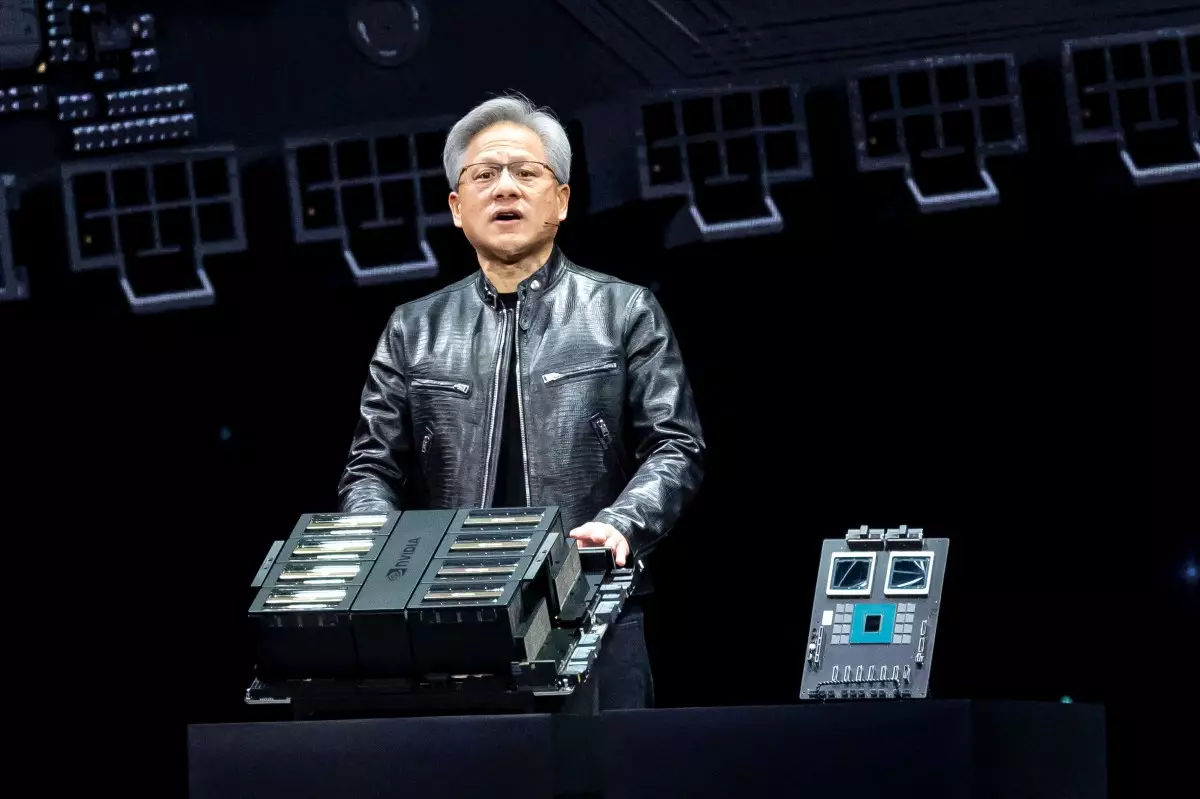In a remarkable display of corporate ambition, ByteDance, the parent company of TikTok, is reportedly gearing up for a substantial investment in Nvidia’s high-performance chips, projected to reach $7 billion by 2025. This initiative comes in the face of significant U.S. trade restrictions aimed at curbing the acquisition of advanced technology by Chinese firms. ByteDance’s intent to become a leading holder of Nvidia technology raises critical questions about its strategic approach amid geopolitical tensions, and the innovative methods being employed to circumvent these barriers.
Understanding the U.S. Export Restrictions
In 2022, the U.S. government imposed stringent export bans on various AI chips, including those produced by Nvidia, to countries like China. The rationale behind these measures primarily centers on national security concerns, particularly the potential military applications of advanced artificial intelligence. Despite these prohibitions, ByteDance appears to have found a calculated workaround. According to reports, the company plans to sidestep direct purchases of these chips by utilizing data centers located in other regions—specifically Southeast Asia—thus adhering to the letter of the law while leveraging the technology crucial for its growth.
ByteDance’s strategy highlights a significant aspect of modern business operations: the ability to innovate within legal frameworks. By storing Nvidia chips outside of China, the company not only complies with U.S. restrictions but also positions itself favorably in the fast-evolving AI landscape. This innovative maneuver suggests that ByteDance is not merely reacting to external pressures but is actively shaping its path forward in a competitive field dominated by leading AI technologies. Such practices may be indicative of a broader trend Among Chinese tech giants, varying strategies to maintain their technological edge.
The investment in Nvidia chips is not just a financial maneuver but aligns with ByteDance’s overarching strategy to enhance its AI capabilities. The company operates Doubao, a leading AI chatbot in China with a staggering 51 million active users. This emphasis on AI-driven applications demonstrates a commitment to remain at the forefront of technology and consumer engagement. As firms compete in the burgeoning AI landscape, ByteDance’s efforts to build on existing products while complying with international regulations illustrate a broader tension between technological advancement and geopolitical dynamics.
While ByteDance’s plans are ambitious, the future remains uncertain. The geopolitical climate, characterized by increasing scrutiny on technology exports, may present further challenges. Moreover, as the U.S. government continues to tighten regulations, the sustainability of this strategy may come under further review. However, if ByteDance successfully navigates these hurdles, it could pave the way for significant advancements in AI, not only for its profitability but also for the broader tech ecosystem.
ByteDance’s potential investment in Nvidia chips exemplifies a strategic blend of compliance and innovation amidst a complex regulatory landscape. By finding loopholes in existing restrictions, the company underscores a determined pursuit of technological leadership, one that could redefine the competitive dynamics in the global AI arena.

